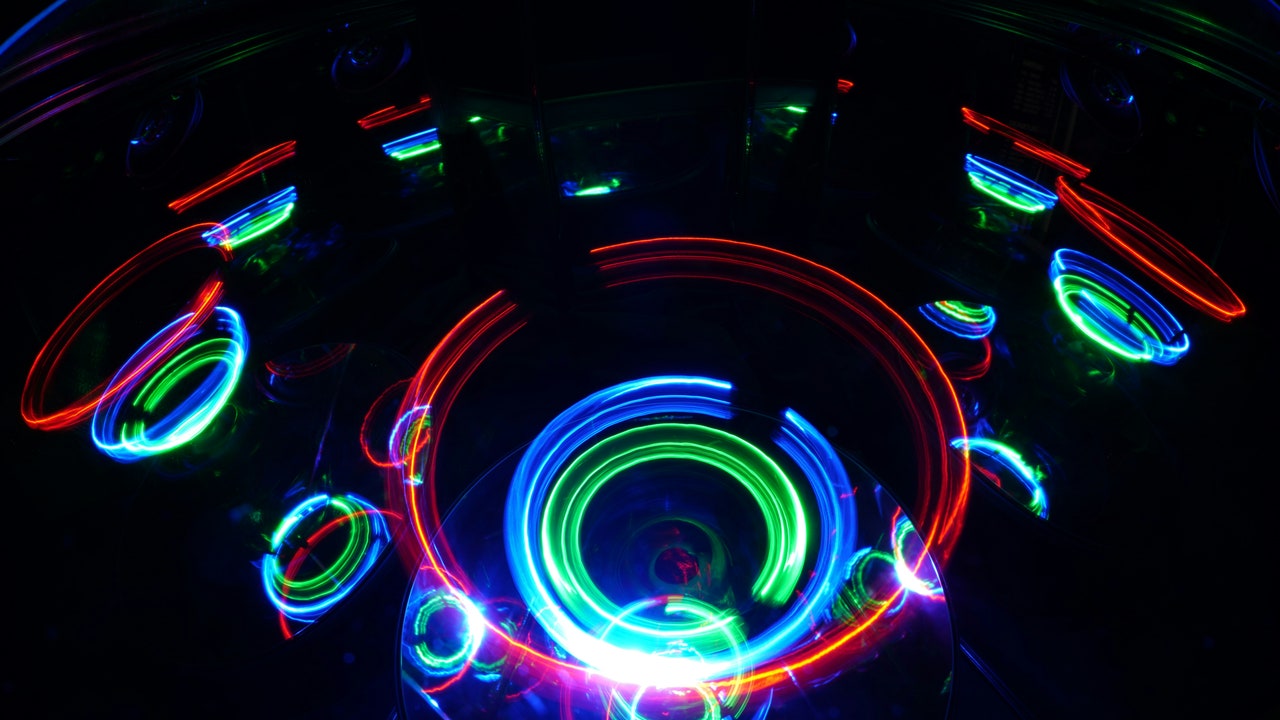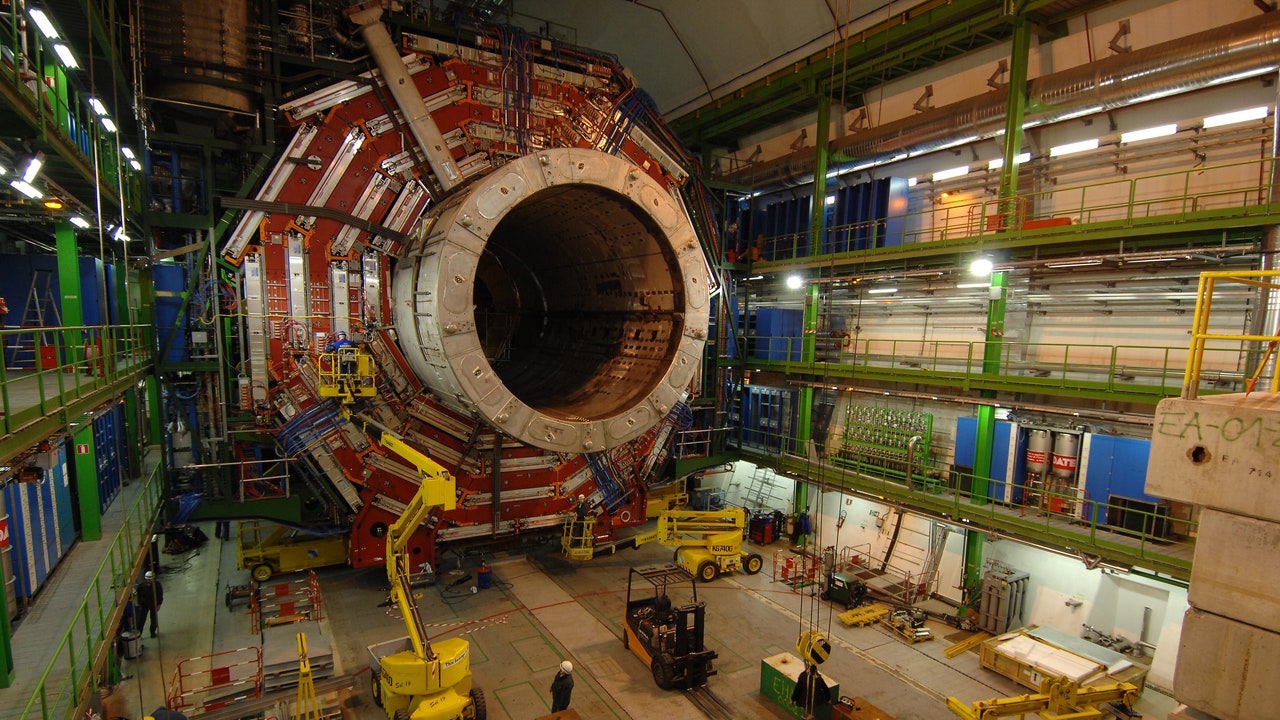Trieste – The fundamental news is that theItaly wants to continue to seriously engage with this in both research and industry Quantum technologiesi.e. those that exploit the special features of quantum physics (see below). Atoms, Electrons or Photons) to give substance to innovative applications. Leaving aside the technical aspects of development and the differences in approach that undoubtedly exist between centers and companies of different types, the message that emerged on Friday January 19 from the first event aimed at companies is organized fromNational Institute of Quantum Science and Technology (The Nqsti) it is clear: they exist Mediumthere they are skills and there it is political will to push for the range of high-tech solutions encompassed under the umbrella of quantum technology and from which they extend computer for the Sensorscome on Simulators up to the extent of communication. With applications such as biomedicine, cybersecurity, the Internet of Things and of course high-performance computing.
No wonder for themOpening event The city of Trieste was chosen, where three of the 20 institutions that make up Nqsti are based (la Sissathat physically hosted the conference, theIctp el’university), then the patronage was taken over by Confindustria Friuli Venezia Giulia and the Center for Quantum Computing and Simulation, and the speakers also included experts from two giants such as: Leonardo And Google. As expected, the funding is significant – but necessary for competitiveness: 116 million euros in three years by NextGenerationEu under the National Recovery and Resilience Plan (Pnrr), thereof 23 million euros dedicated to outreach activities and businesses. What stands out among the other numbers is the number of people engaged dedicated research groupswhich are over 300 in the public part alone.
It’s not just the quantum computer
If the perspective of a computer that works with Qubits (the quantum analogue of the bit) is undoubtedly the most fascinating and impressive, the most eagerly awaited Quantum computers It is the most disruptive but also the least obvious application of quantum technology. “Some quantum technologies, including those in communication such as systems of Quantum key distribution, they are already real commercial products. Then some Quantum sensors and other declensions for the biomedical have proven themselves in practice and systems exist Quantum imaging it already works”explained Francesco Cataliotti, director of the National Institute of Optics Cnr-Ino and representative of the Nqsti, who dedicated himself to the photon approach. “Other technologies in the same areas are of course further behind, otherwise we wouldn’t have to do all this research.”“, he added.
There are also the so-called solutions Quantum inspiredwith the development of new calculation models where, for example, Leonardo is very active in parallel to other non-computational quantum technologies. Here too there is the whole world of classic technologies that are needed to actually make quantum computers work, whether experimental or not: it stands out among them Quantum machinesspecializing in the control electronics required to manage qubits for performance and reliability Quandela Its core business is solutions and services for experimental quantum computers and cloud simulators. “It has now become clear among experts that the advantage of quantum computers lies in the integration of Quantum machines Qpu, i.e. the quantum processing units, combined with classic cars like CPUs and GPUs”explained Lorenzo Leandro, Product Marketing Manager of Quantum Machines. “The upcoming quantum transformation is so complex that companies need to be supported through it”added Niccolo Somaschi, co-founder and CEO of Quandela.
Perspectives on quantum computing
Despite the succession of announcements and scientific publications – the achievement of the thousand qubits reached by IBM And told from the magazine Nature – They seem to be The prospects for quantum computing, properly understood, are less defined. It emerged from the roundtable discussion, which attempted to mediate between the various interest groups, that these could be useful about 10 more years for the arrival of the long-awaited Killer application is capable of providing quantum computing with a competitive advantage (compared to the classical computing approach), which, on the one hand, justifies its effective implementation and, on the other hand, guarantees a reasonable return on investment. But the years may last as long as 20, or as little as 5, or you may not reach the finish line at all.




